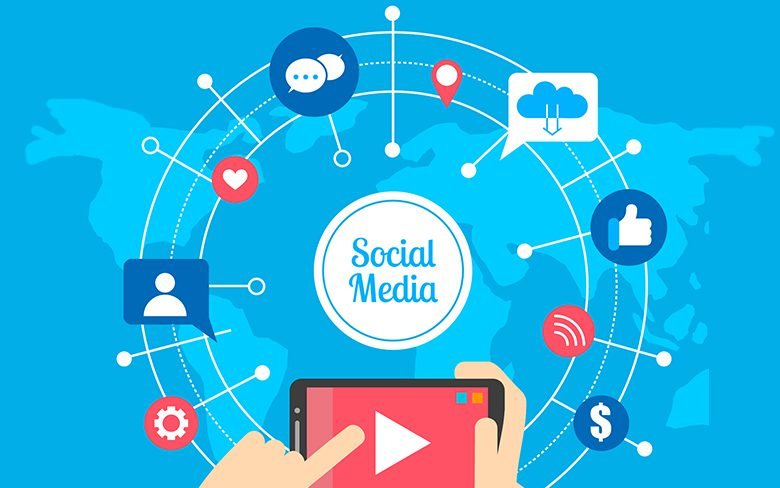There’s no doubt that social media is a valuable marketing tool. In fact, some businesses use only social media to engage with consumers and market their products. Using only one marketing approach is almost never a good idea, but social media can have an impact on your SEO efforts. Social media doesn’t directly impact SEO, of course, but it can indirectly affect your website’s rankings in Google in several ways.
1. Social Engagement means more traffic to your website
When people engage with you on social media, they will often move directly from your social media account to your website. This is obviously helpful, as your end goal is to get more visitors to your site and hopefully convert those visitors into customers.
However, according to Cognitive SEO,
The more visitors who head over to your website, the higher your Google rankings may climb. Social media provides a way for more people to find your site. In addition, the more you engage on social media, the more likely people and businesses are to share your social media posts—again increasing your traffic. It’s a nice chain reaction.
2. Social media profiles can rank
That’s right. The more popular and complete your social media profiles are, the more likely they are to rank when someone does a search for your business or a similar business. The first three results might be your main website, your Facebook profile, and your Twitter profile. That’s a great way to push the competition farther down on a search engine results page (SERP), which means you’re more visible to potential customers or clients.
3. Social media engagement helps you get external links
We all know that obtaining high-quality backlinks is one of the best ways to boost rankings. Sure – you can solicit external links, but social media engagement increases the likelihood of getting organic backlinks.
Here’s how it works: You become an authority in your subject on social media. You actively post relevant content from your website. Content creators, such as journalists and bloggers, in your field, are likely to come across your content on social media. Your relevant content might inspire the next piece of content the blogger or journalist creates, and that might mean a high-quality backlink to your website. Then, all you have to do is sit back and enjoy the rankings boost.
4. Brand awareness matters
According to Statista, Facebook had over 2.23 billion active users in the second quarter of 2018. And that’s only one social media platform. Can you really afford to not use social media as a marketing tool?
Brand awareness is good marketing, and you can promote your brand on social media. Social media users may remember the name of your business when they’re searching for a product or service later on.
In addition to making your business stand out in the rankings, it also makes it more likely that people will search for the name of your firm alongside the type of product or service you offer, providing your site a direct path to the top of the SERPs.
5. Direct SEO benefits are possible
When we think of SEO, we most often think about Google, but there are other search engines out there. You shouldn’t ignore them. Although it’s far behind Google, Bing is a highly used search engine. It would benefit you to not cut Bing users out. Unlike Google, Bing has actually said that a website’s “social authority” does play a part in how it ranks. That means social media activity could directly impact your rankings in Bing and possibly other search engines.
